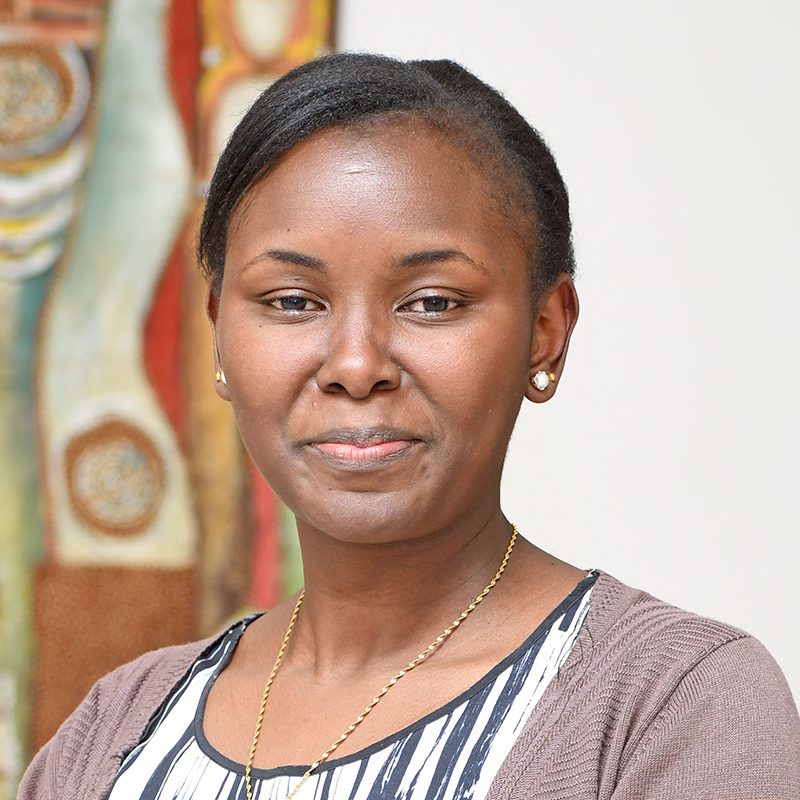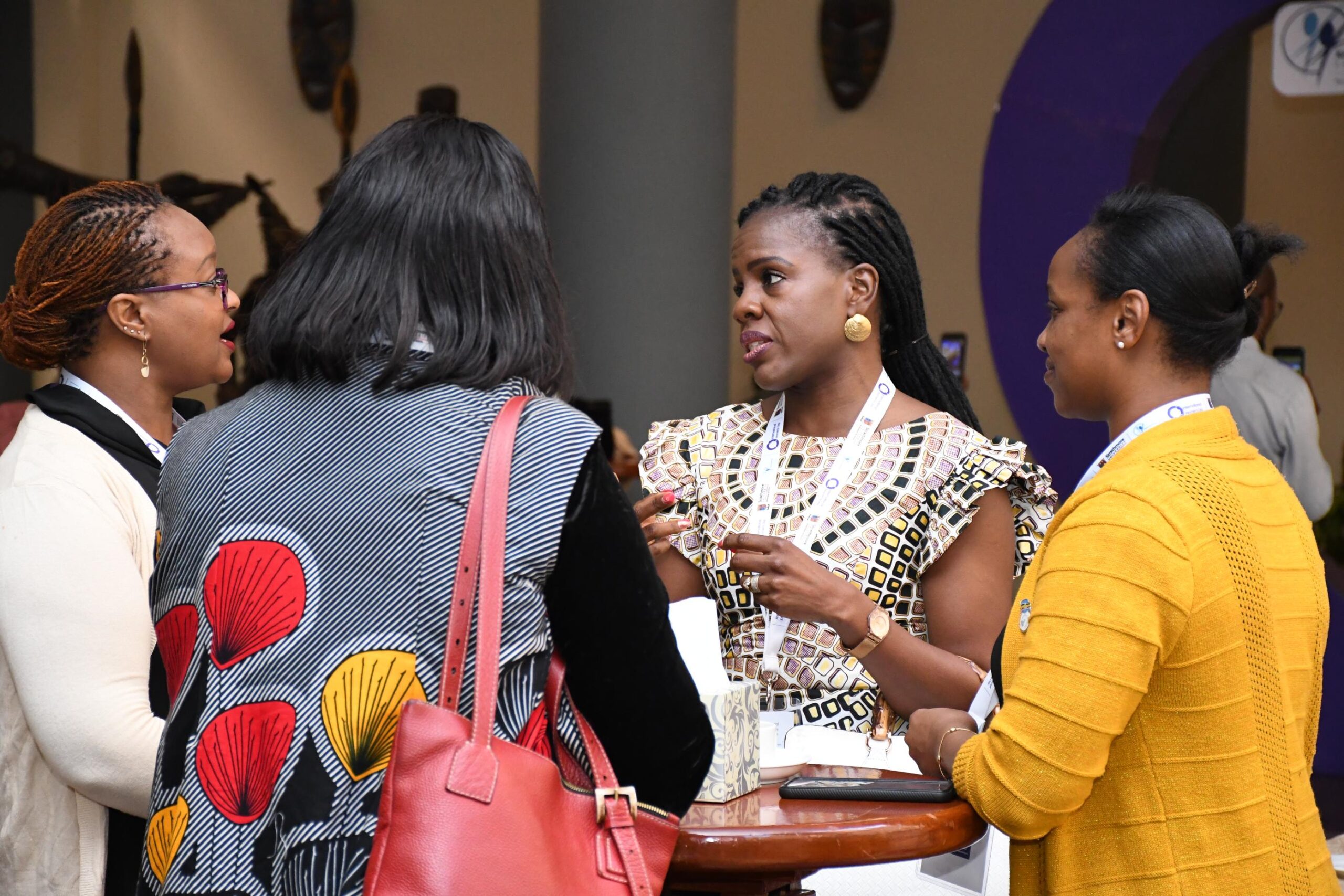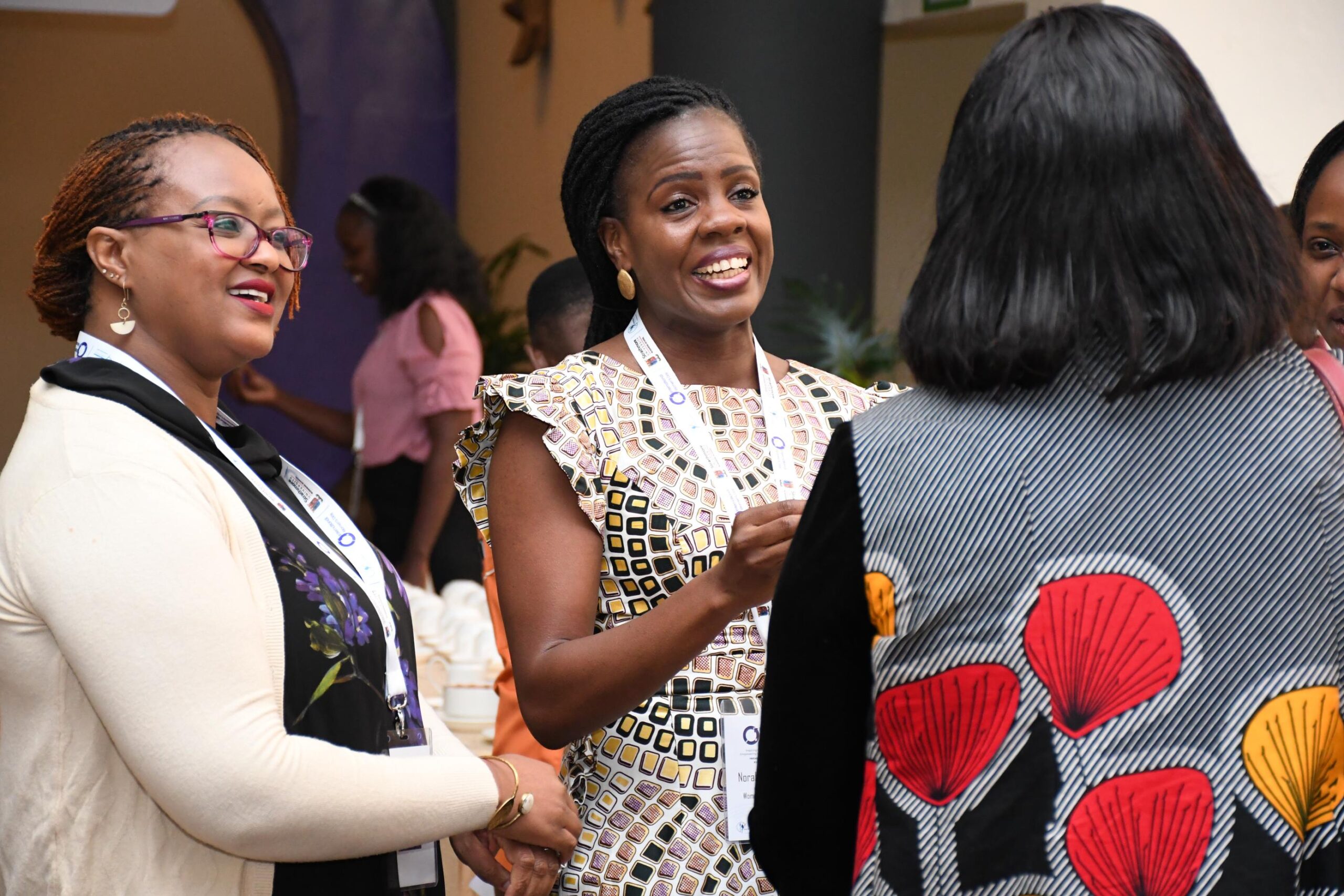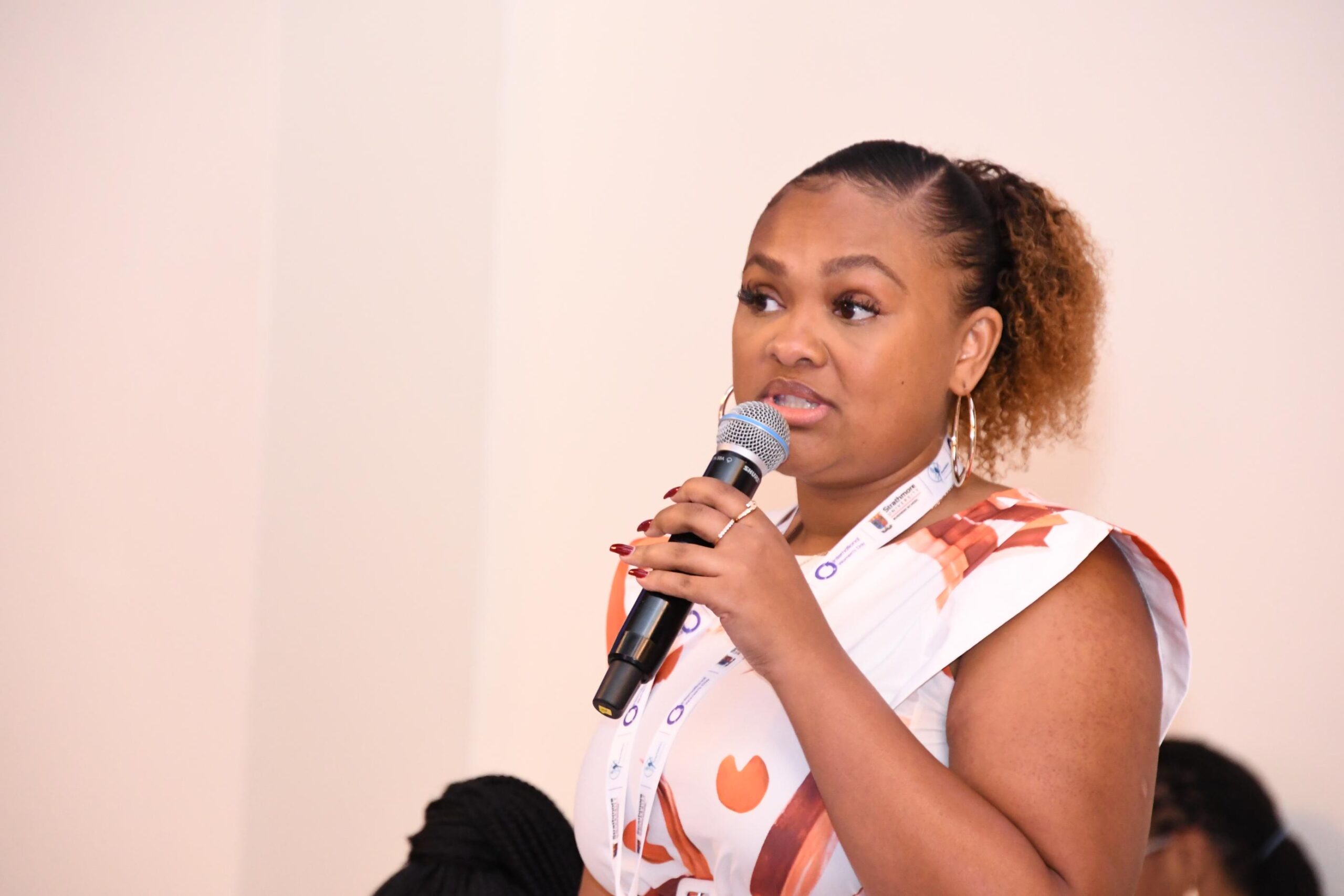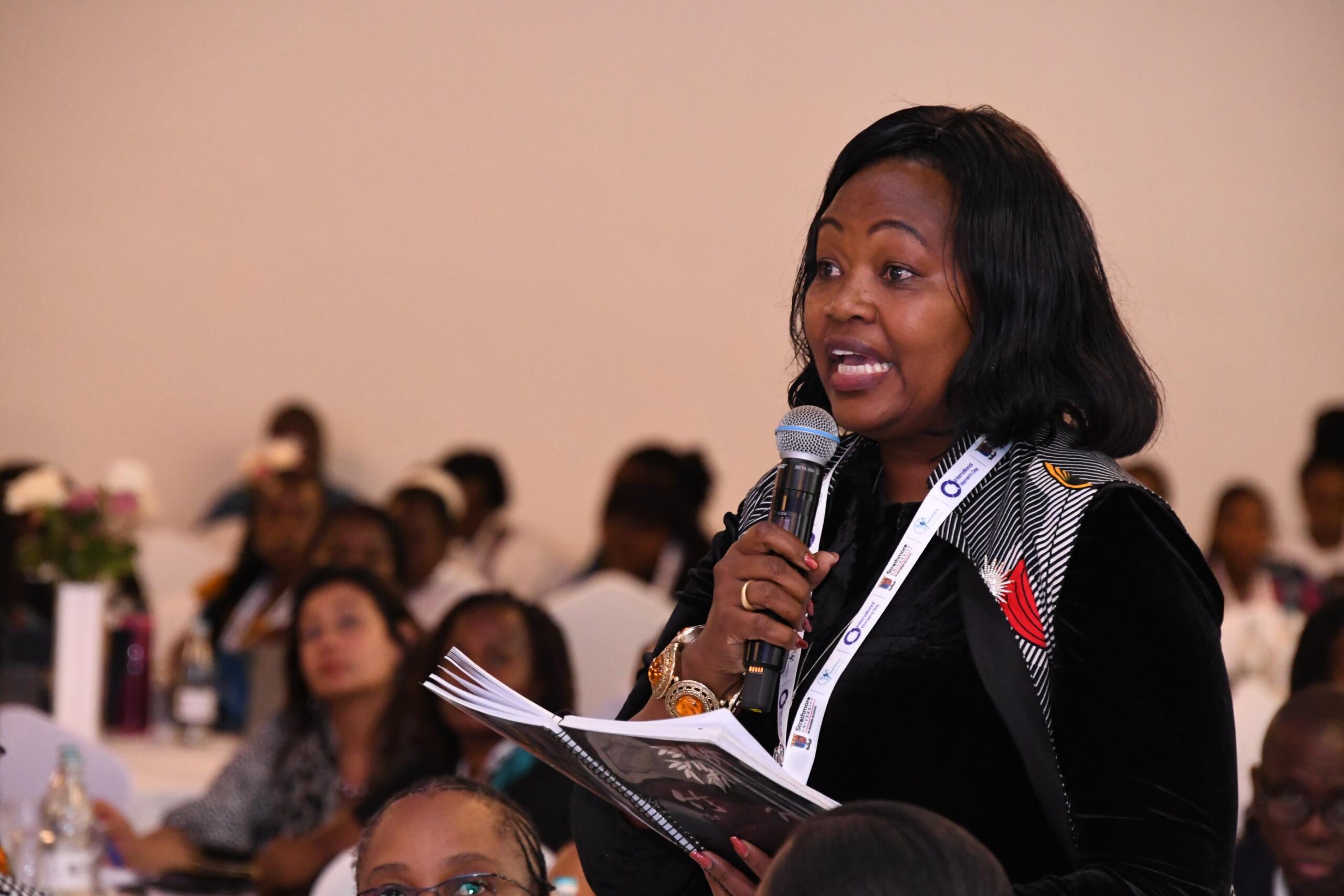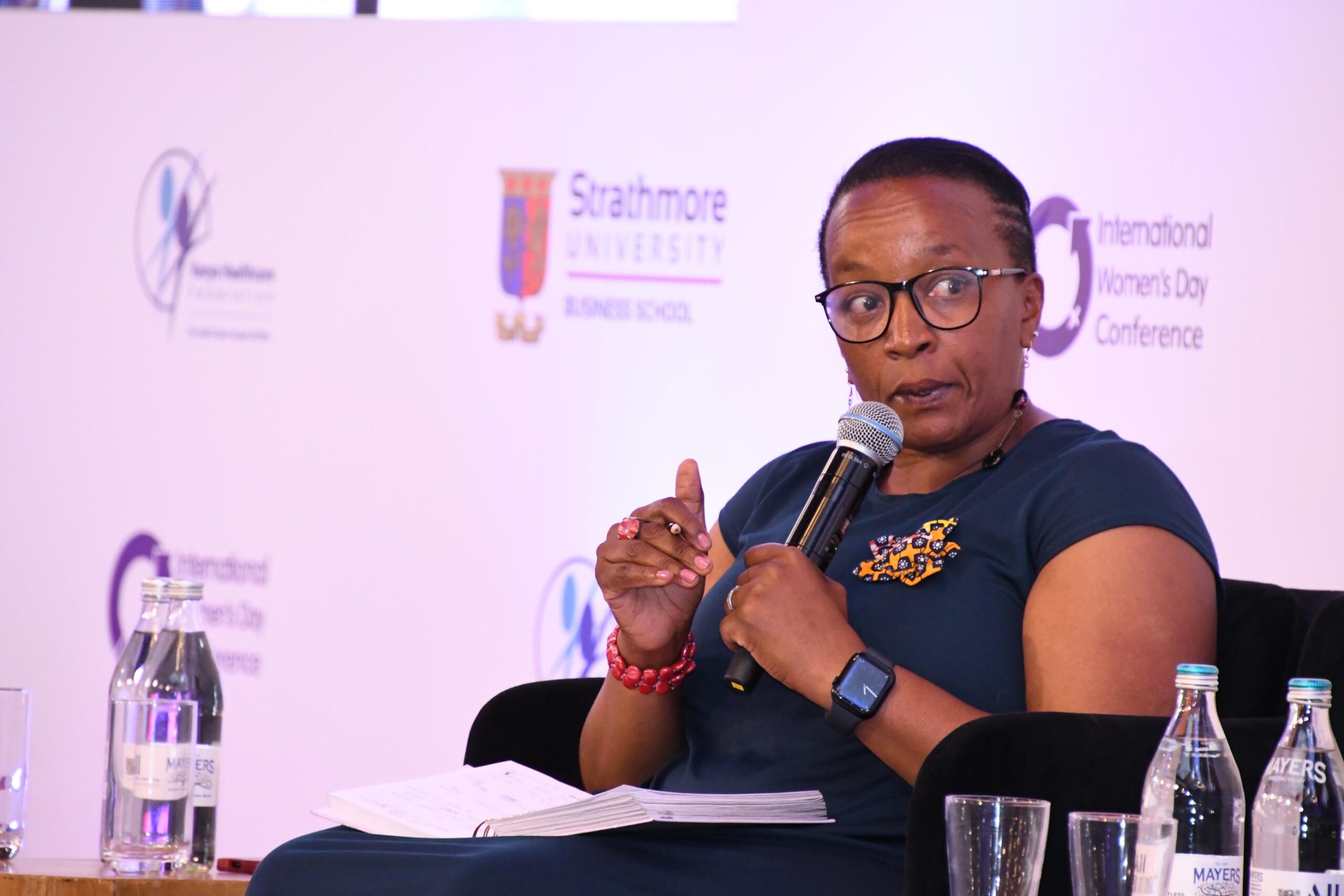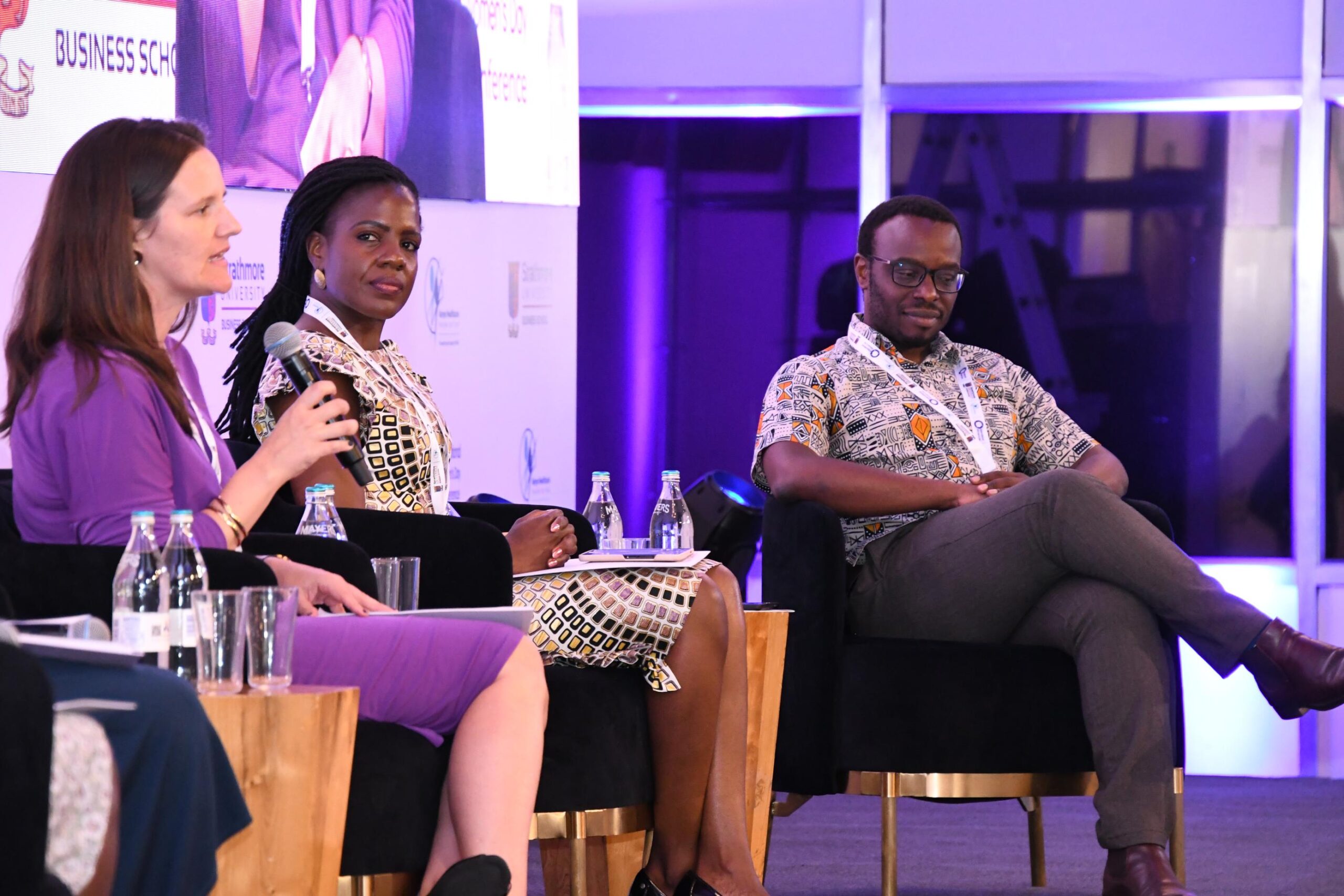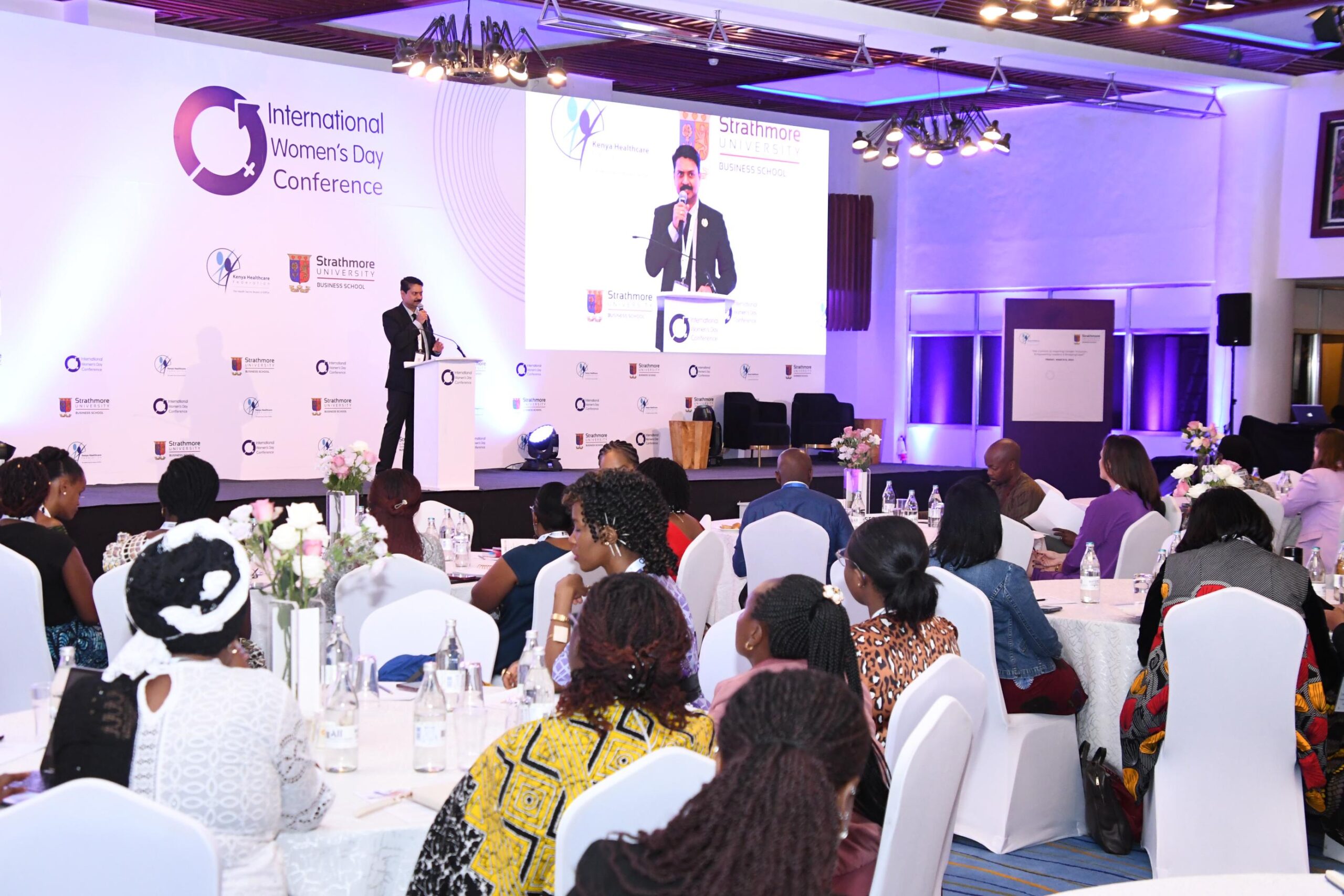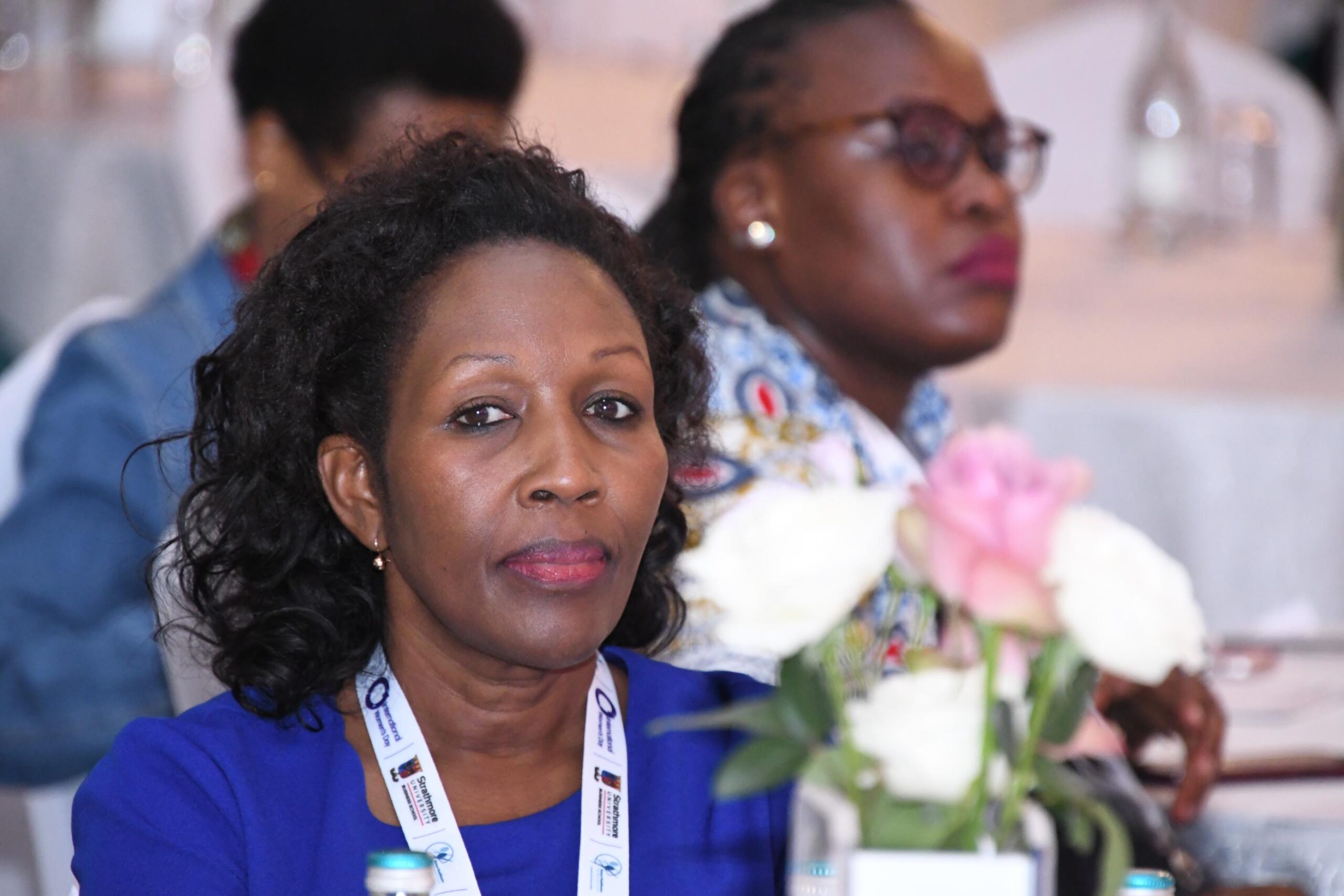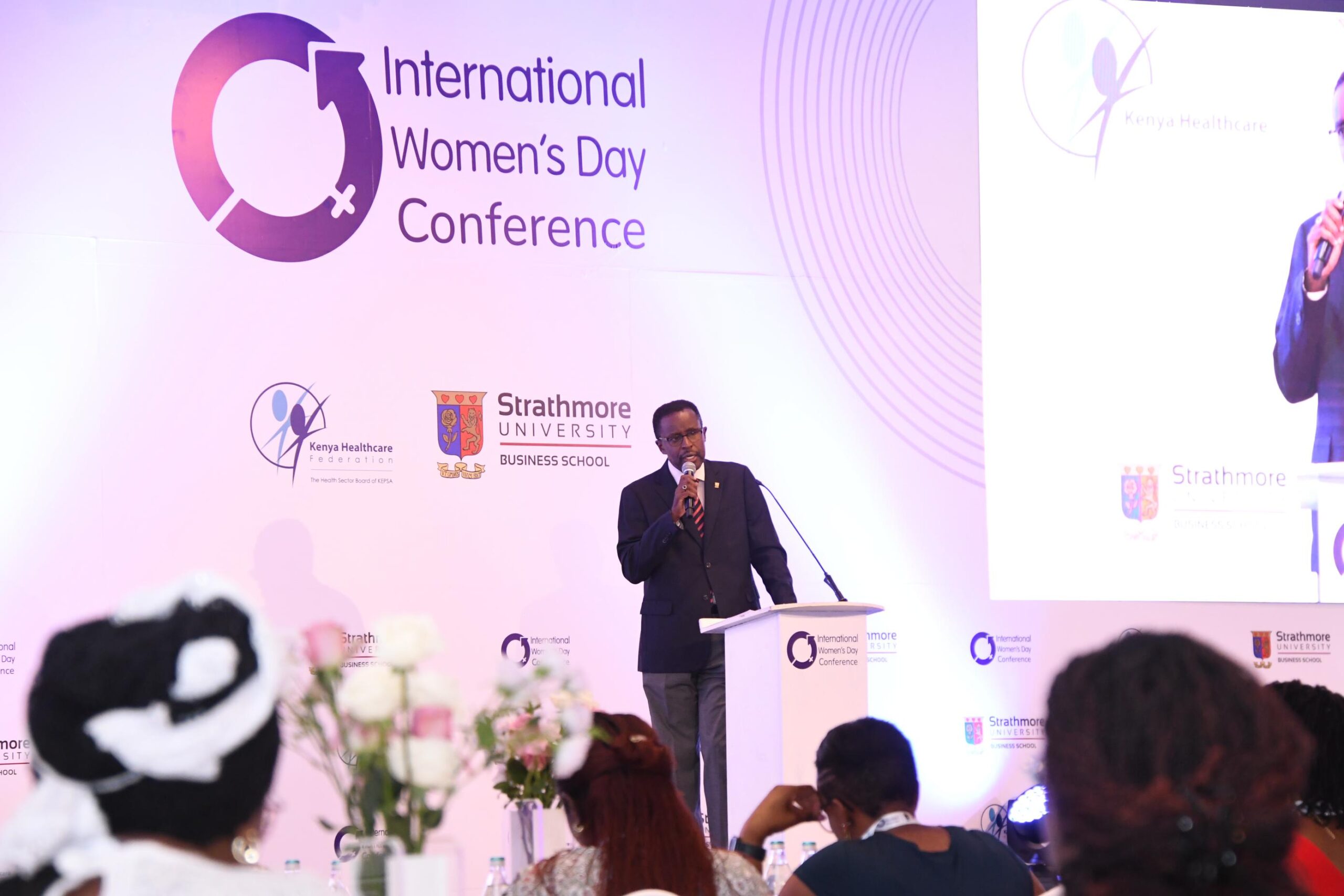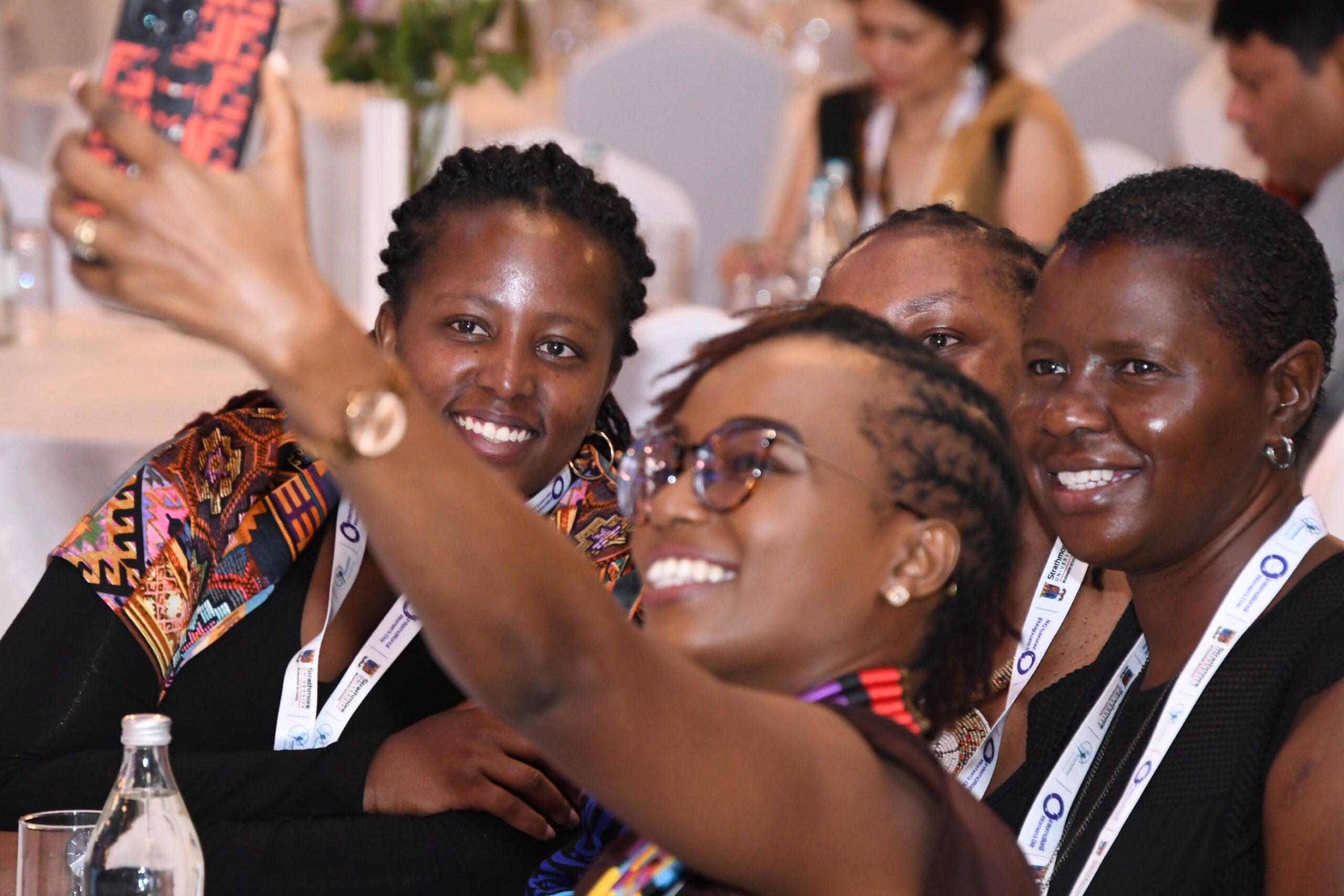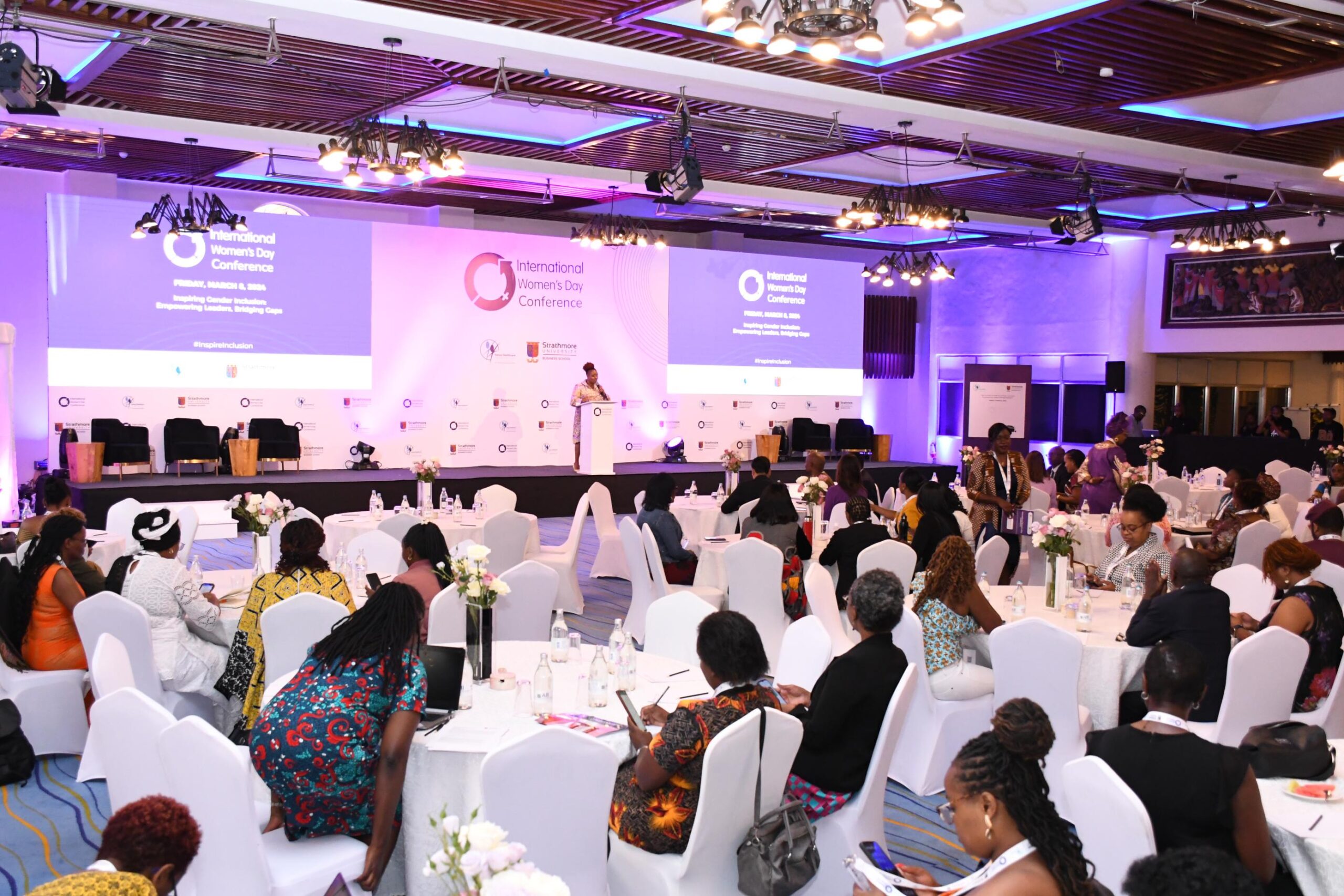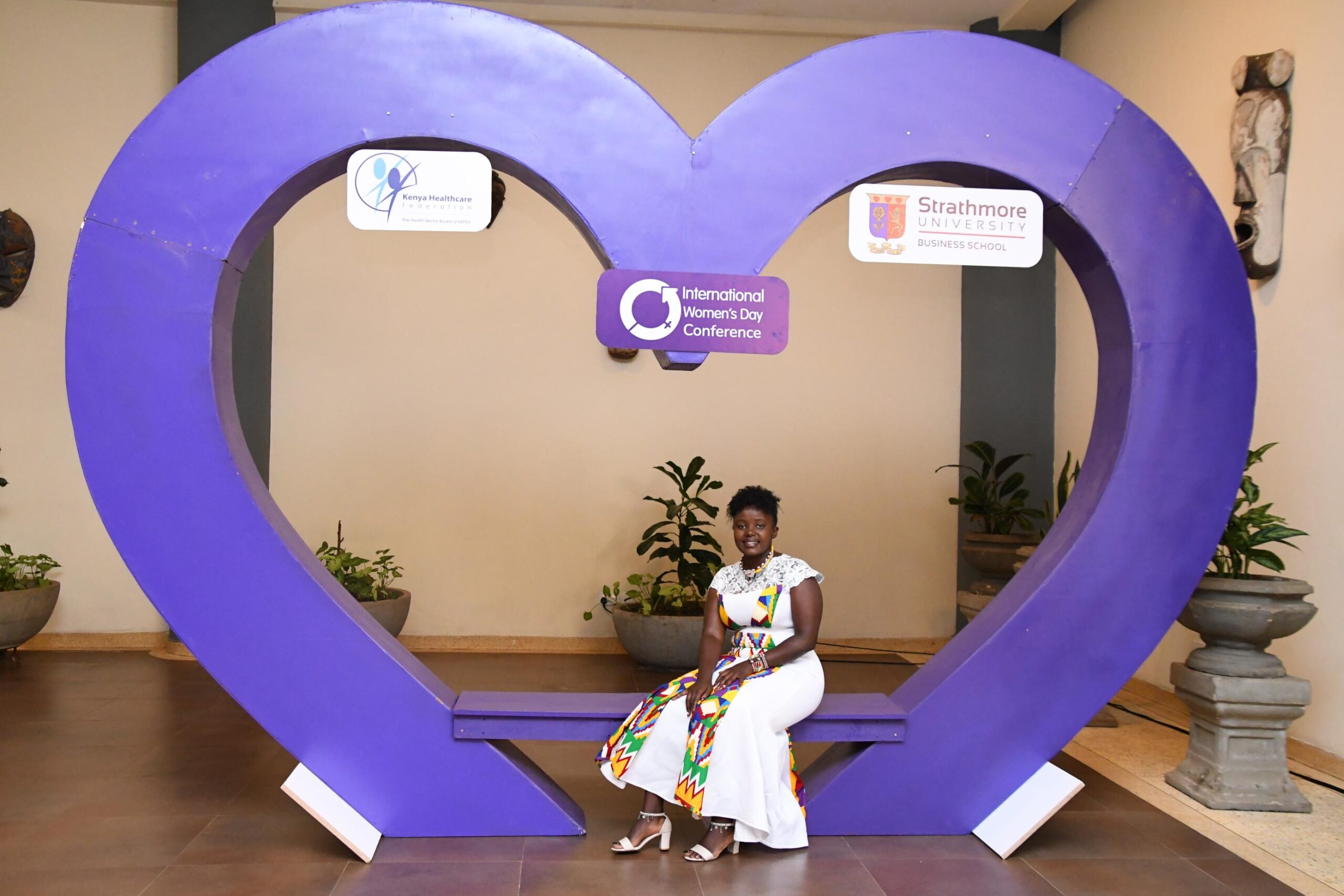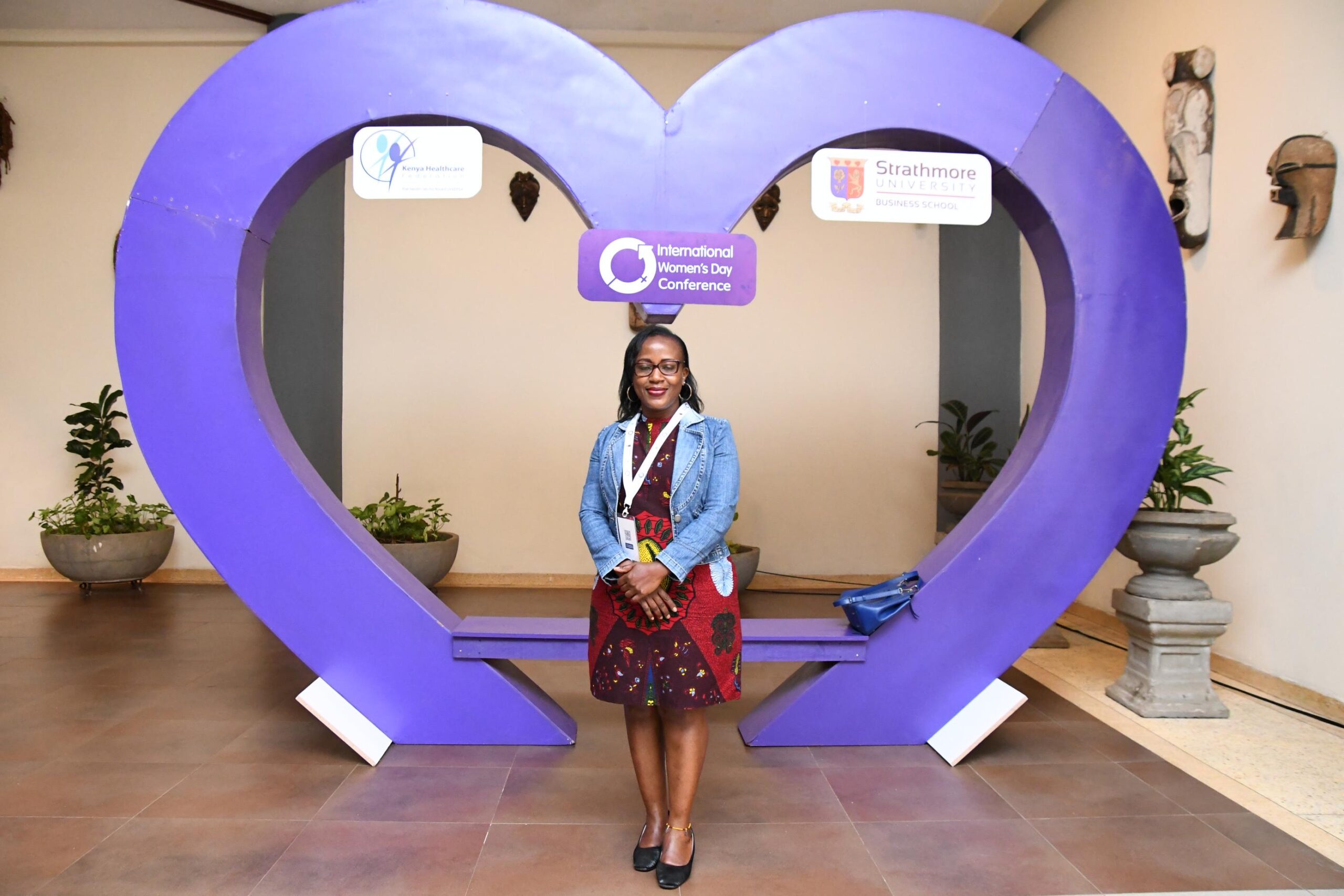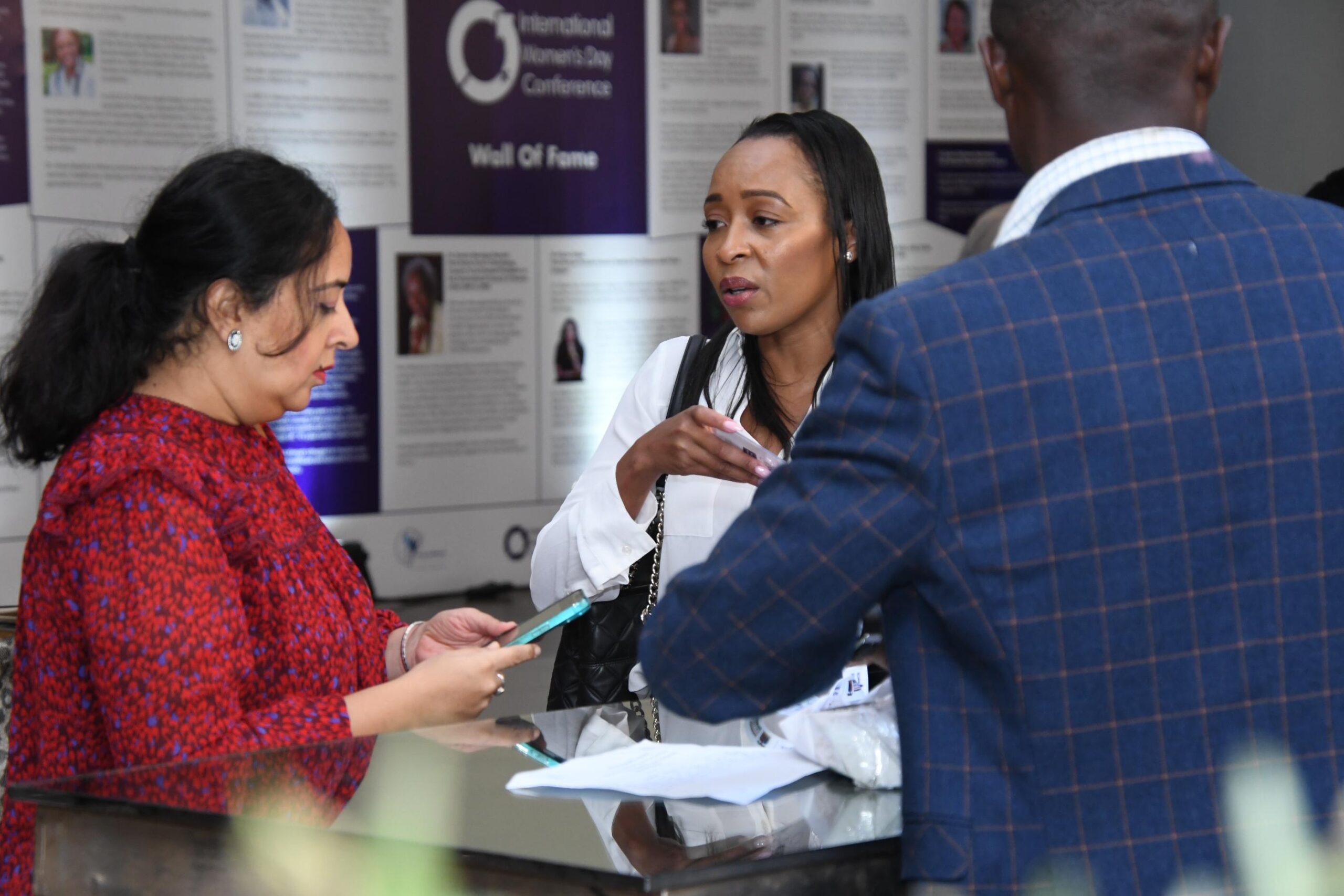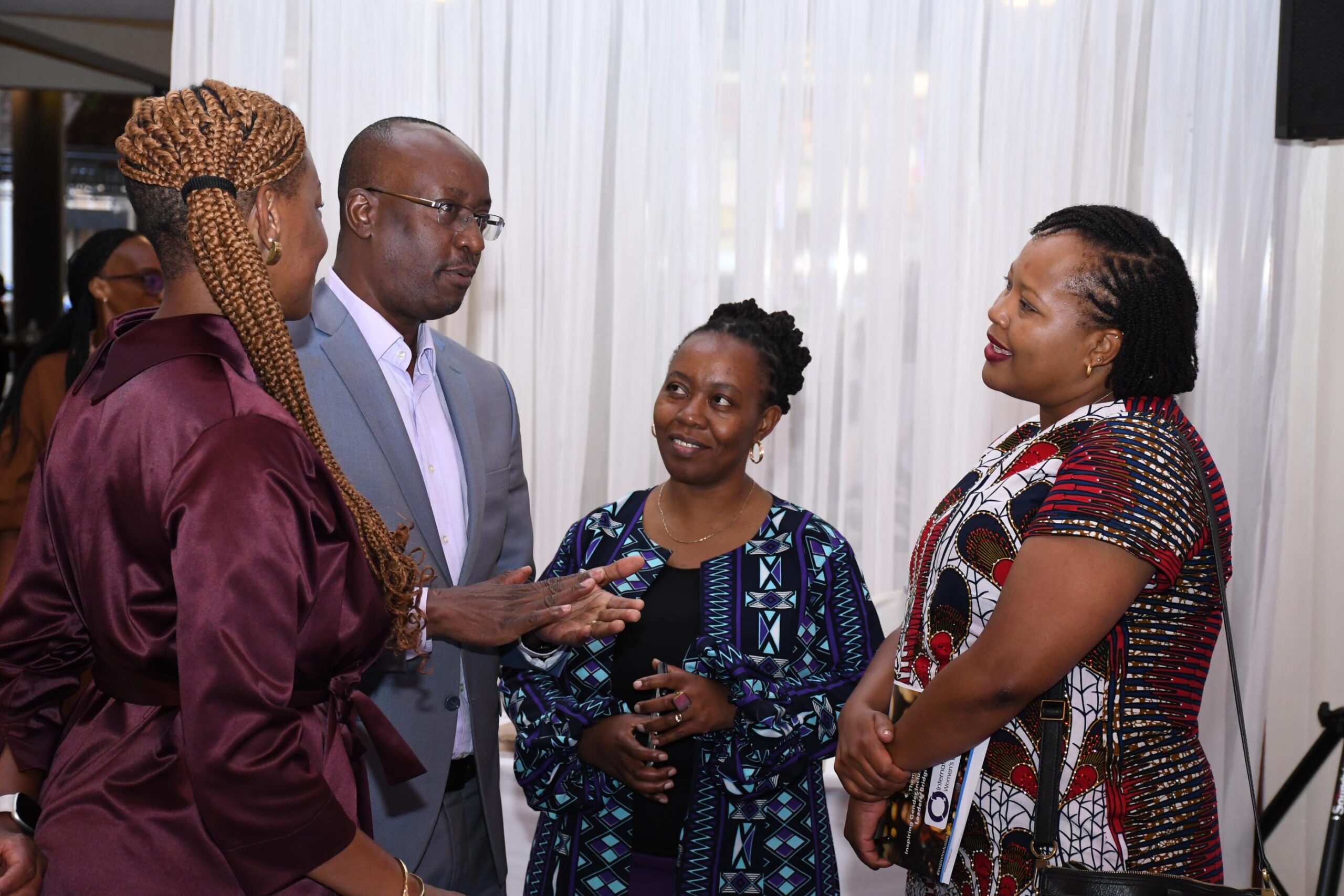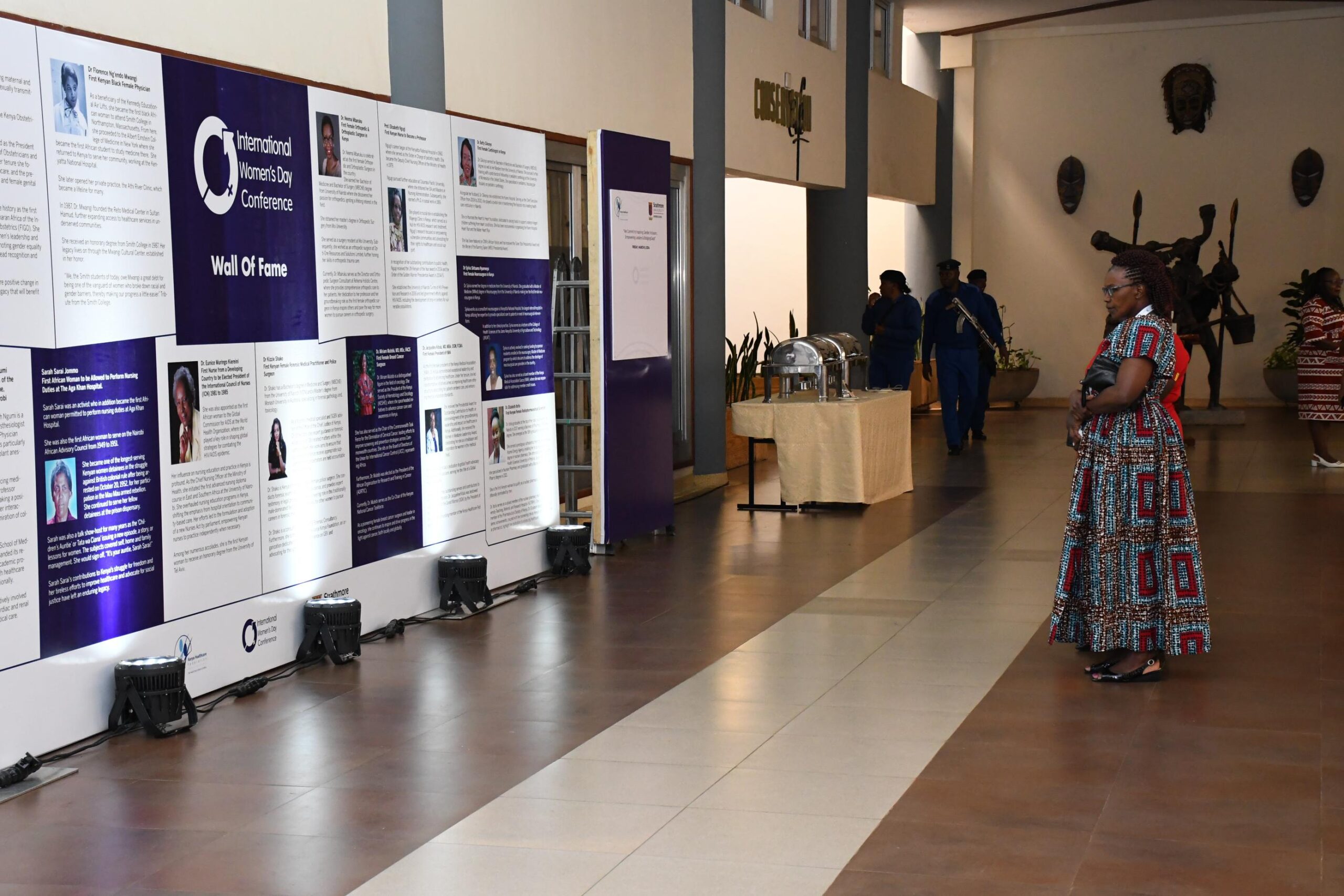In today’s world, the importance of gender inclusion cannot be overstated. From the workplace to education, politics to entertainment, every sector of society benefits from embracing diversity and creating environments where all individuals, regardless of gender identity, can thrive. Gender inclusion is not just about numbers or quotas; it’s about recognizing the value that every individual brings to the table and ensuring that everyone has equal opportunities to succeed.
When it comes to global health, women remain the labourers and not the leaders, with women from Lower- and Middle-Income Countries (LMIC) accounting for only 5 percent of leadership and only 20% of board chairs in global health organisations. According to the UN SDG Goals Report, 2023, there is a need to empower women and bridge existing leadership gaps.
It is against this backdrop that Strathmore University and the Kenya Healthcare Federation through the Women in Health Leadership, Driving Country Level Change hosted the 2024 International Women’s Day Conference. The conference brought together more than 500 women in healthcare as well as key stakeholders to address the challenges of gender equality in health leadership.
Giving his opening remarks at the International Women’s Day Conference, Dr. Caesar Mwangi, Executive Dean, Strathmore university Business School (SBS) noted the importance of partnerships in advancing Strathmore University’s vision. “At Strathmore University Business School, we have a vision of spearheading the African transformation, which cannot be achieved without effective partnerships and synergies.” Dr. Caesar Mwangi. He further urged the women to believe in themselves and the change that they can bring into the world. “As women, have the conviction that you have to make a positive difference in everything to do because the future depends on you,” Dr. Mwangi added.
Dr. Tim Theuri, CEO at the Kenya Healthcare Federation noted the importance of empowering and mentoring the next generation of women leaders, “Remember, when women lead, they impact a whole generation,” he noted. He emphasized the need for women’s economic empowerment by ensuring that women have access to resources. He also noted the critical need for favourable polices as well as advocacy for equal opportunities for both men and women.
The conference also featured panel discussions and break out sessions which gave the guests an opportunity to add their insights, ideas and thoughts to the conversations.
The climax of the conference was the launch of the findings from the Women in Health Leadership (WIHL), Driving Country Level Change Project. Dr. Ben Ngoye, Senior Faculty Member at Strathmore University Business School took the guests through the presentation of the research findings. Some of the key recommendations from the findings from the project’s report to advance women’s leadership in the healthcare sector include implementing gender-inclusive leadership programs, ensuring transparency in recruitment and promotions, and offering flexible work policies to promote work-life balance.
The Women in Health Leadership, Driving Country Level Change Project is implemented by Strathmore University Business School in partnership with the Kenya Healthcare Federation and through financial support from the Bill and Melinda Gates Foundation. The objective of this project is to drive organizational change with regards to the career advancement of women in leadership within Kenya’s health sector. The focus shall be understanding the extent to which contextual factors within the organizational domain such as policies, leadership, culture, and structure constrain or promote the advancement of women from mid-to-senior level leadership positions. With this understanding, then the project implementation team shall undertake advocacy efforts and interventions that are anticipated to remedy the status quo.
Gender inclusion in the healthcare sector requires immediate action by empowered leaders to bridge the existing leadership gaps. Through collaboration, advocacy, and concrete actions, we can create a more equitable world where everyone can thrive and contribute to positive societal change.
Article by Juliet Hinga
Share This Story, Choose Your Platform!
Your journey to business excellence starts here. Subscribe today and be at the forefront of innovation and leadership.

